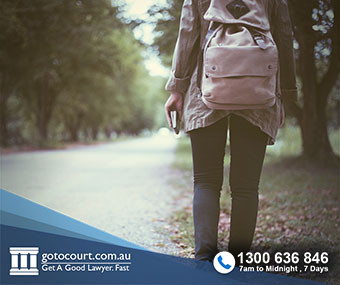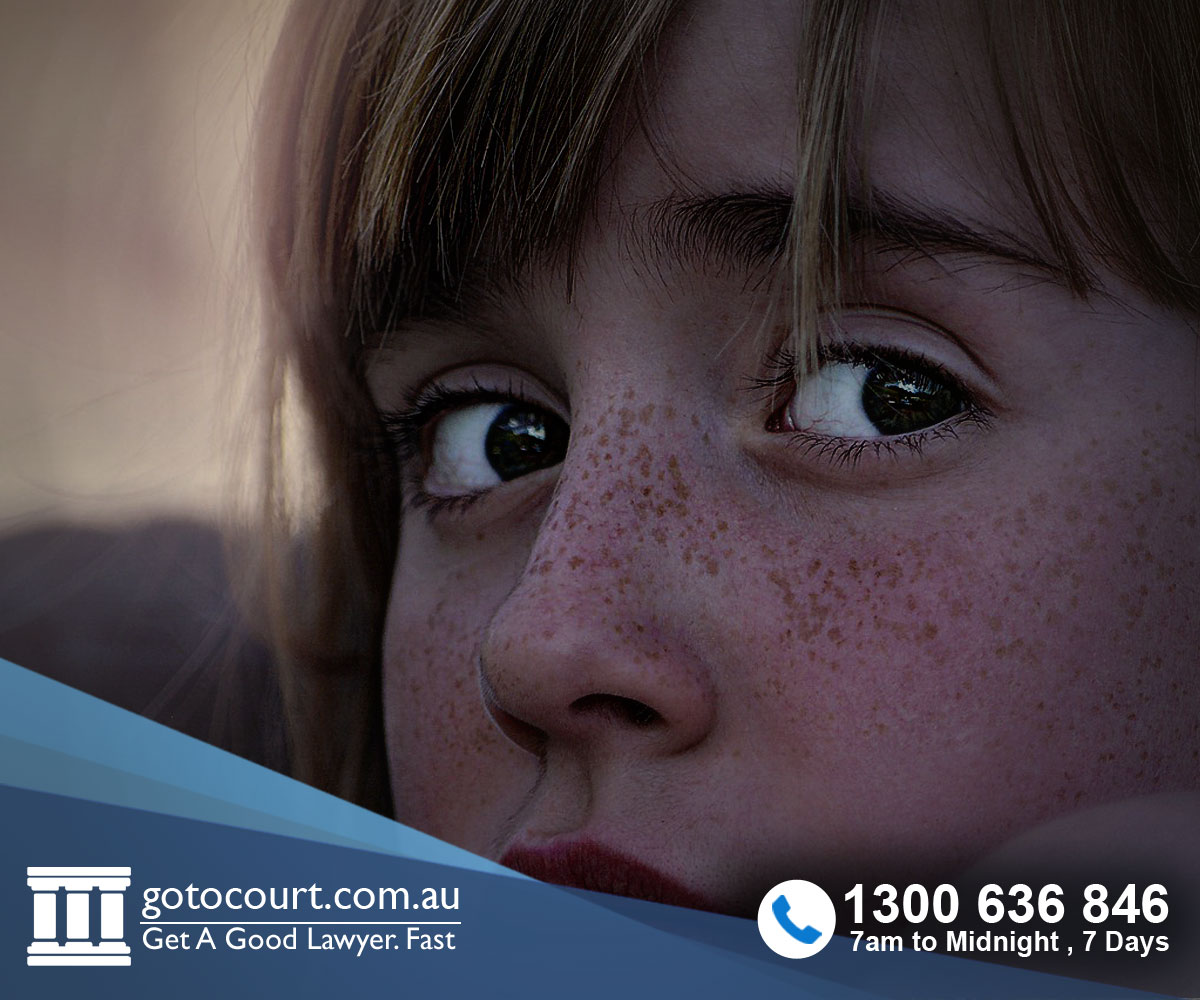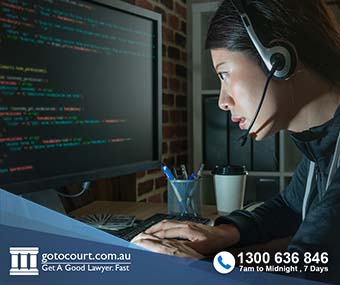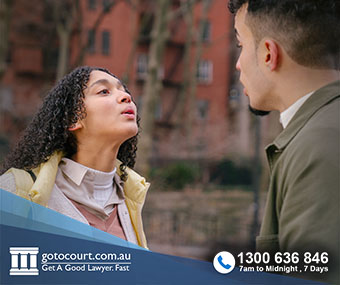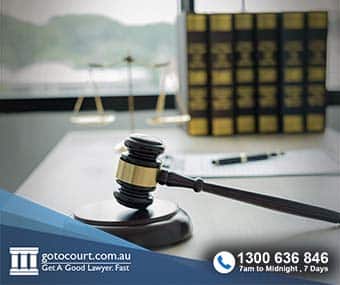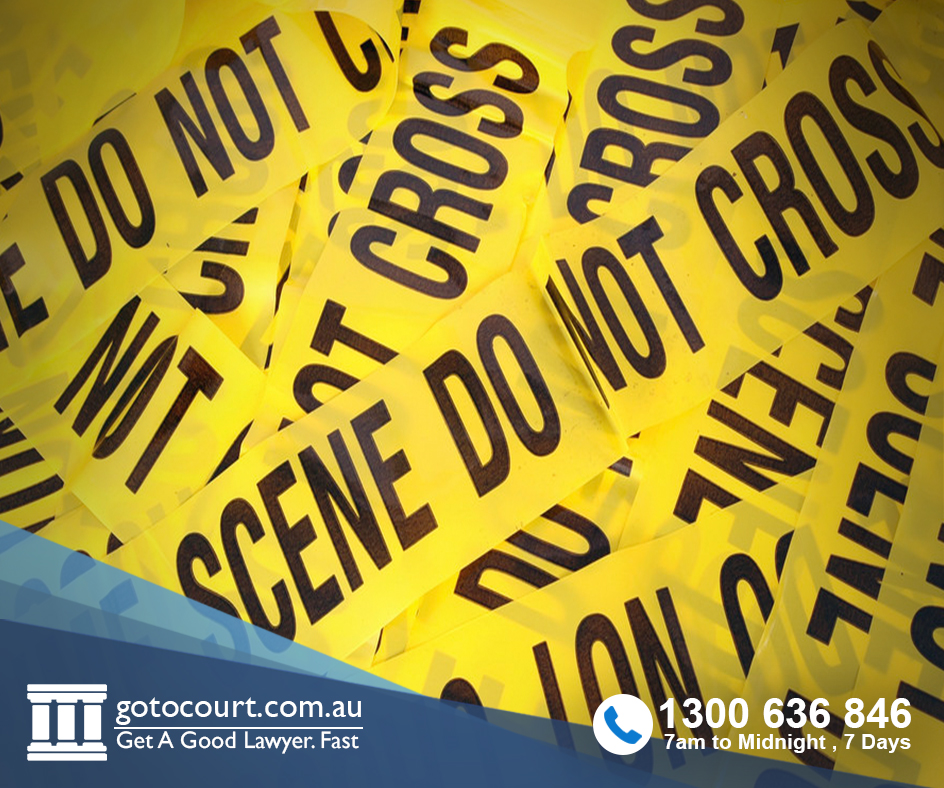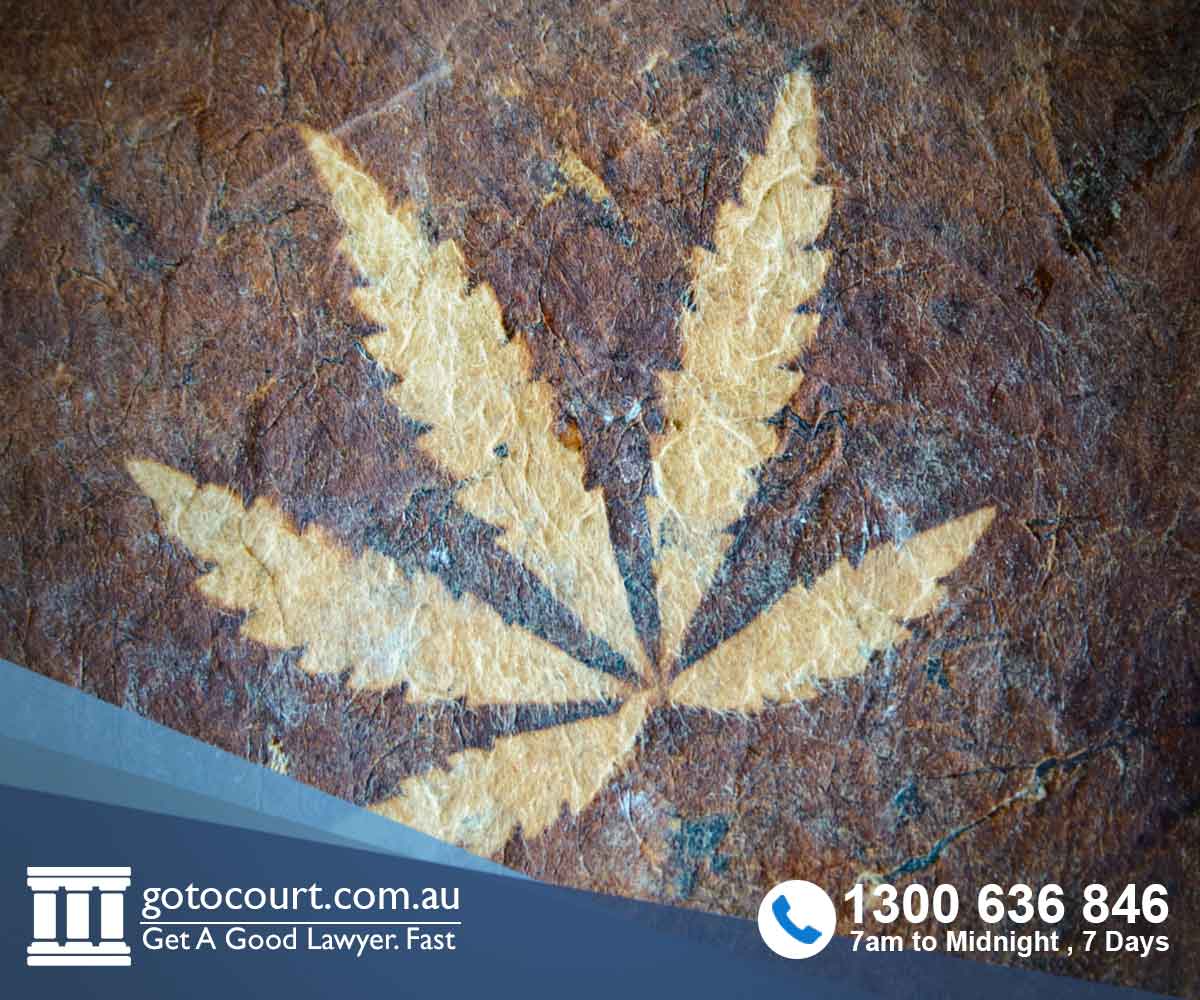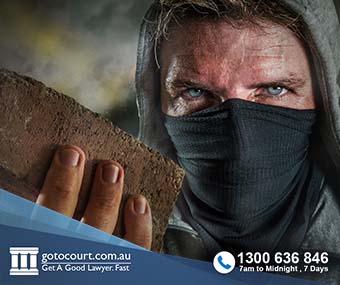The Offence of Perjury (Vic)
The Offence of Perjury (Vic)
The offence of perjury in Victoria is governed by both common law and legislation. The Victorian offence of perjury is a serious offence and carries a maximum penalty of 15 years imprisonment. Perjury in commonwealth proceedings is governed by commonwealth legislation and carries a maximum term of imprisonment of five years.
The elements of the offence of perjury differ between the state and commonwealth jurisdictions. However, in both jurisdictions a person is to be found guilty of perjury if they are found to have intentionally given evidence that they know to be false, while at that time under an obligation to be truthful.
The offence of perjury in Victoria
Section 314 of the Crimes Act 1958 (Vic), provides that a person may be found guilty of the offence of perjury in the circumstance that the court is satisfied, beyond a reasonable doubt, that the person:
- Has made a statement or caused a statement to be made on oath, affirmation, declaration or affidavit, and
- At the time that the statement was made, the person making the statement knew the statement to be false.
The offence of perjury is also governed by common law (also known as case law). In keeping with case law, a person may be found guilty of perjury, in the event that the court is satisfied beyond reasonable doubt as to the following:
- That the person made a false statement; and
- The person made the false statement on oath or affirmation; and
- The false statement is required to have been made in a judicial proceeding; and
- The false statement that was made was material to that proceeding; and
- The accused knew that the statement that they were making was false.
In proving the first element, the prosecution is required to specify the statement that they allege to be false and call either two witnesses or one witness who is corroborated to prove their case.
The fourth element is tested by the court determining whether the statement was material enough that it was capable of affecting a decision concerning the facts in issue. The impact of the false statement may be both direct or indirect.
The commonwealth offence of perjury
Under the Commonwealth Crimes Act, a person commits the offence of perjury if;
- A person gives false testimony touching a matter; and
- They do so, either in a judicial proceeding or with the intention of instituting a judicial proceeding; and
- The matter is material in the judicial proceeding; and
- The judicial proceeding is a federal judicial proceeding.
The Commonwealth legislation is specific to commonwealth proceedings and carries a maximum penalty of five years imprisonment.
Which court will hear the matter?
Perjury is an indictable offence and is usually heard in the County Court of Victoria. However, where deemed appropriate by the court and where the alleged offender agrees, perjury charges may be heard summarily in the Magistrates Court of Victoria.
Despite the maximum penalties imposed by the legislation, a Magistrate hearing the matter is limited by the summary jurisdiction to a maximum penalty of two years imprisonment for a single offence. The maximum penalty that a Magistrate may impose when sentencing a person in relation to multiple charges imprisonment for five years.
Sentencing for the offence of perjury
The courts have repeatedly stated that when sentencing a person for perjury, the principle of general deterrence (deterrence of the wider community) is of the utmost importance. Therefore courts have determined that a term of imprisonment should be imposed for perjury unless there are exceptional circumstances.
Circumstances that may be considered by the sentencing Judge include:
- The level of remorse displayed by the offender;
- The impact of the false statement on a finding of guilt or innocence;
- Whether the offender has knowingly placed an innocent person in a position where they were at risk of being found guilty and/or being deprived of their liberty;
- Whether the offender is considered to have a special relationship with the administration of justice (i.e. a person working in law enforcement or the justice system) or is a public figure;
- Whether a plea of guilty has been entered at an early opportunity.
If you require legal advice or representation in relation to a criminal law matter or any other legal matter, please contact Go To Court Lawyers.

Affordable Lawyers
Our Go To Court Lawyers will assist you in all areas of law. We specialise in providing legal advice urgently – at the time when you need it most. If you need a lawyer right now, today, we can help you – no matter where you are in Australia.How It Works




1. You speak directly to a lawyer
When you call the Go To Court Legal Hotline, you will be connected directly to a lawyer, every time.

2. Get your legal situation assessed
We determine the best way forward in your legal matter, free of charge. If you want to go ahead and book a face-to-face appointment, we will connect you with a specialist in your local area.

3. We arrange everything as needed
If you want to go ahead and book a fact-to-face appointment, we will connect you with a specialist in your local area no matter where you are and even at very short notice.


